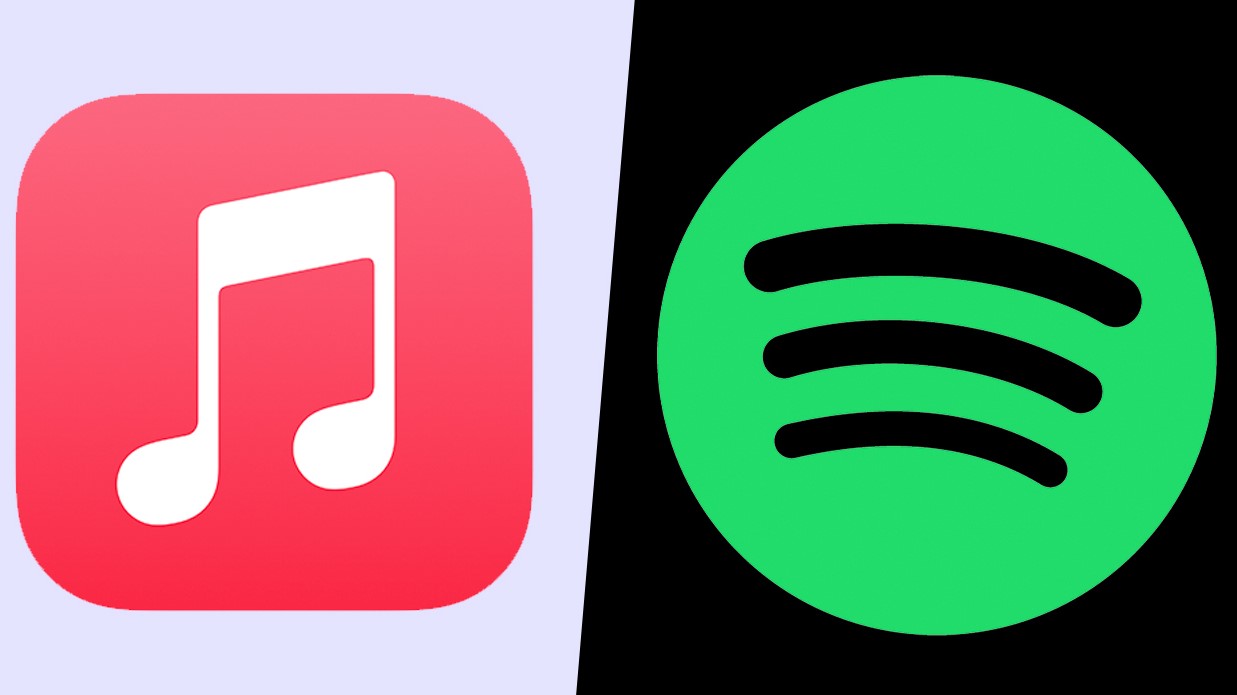
Apple has made an impressive journey to the digital music streaming service it is today. Starting out as the iTunes downloads platform, it has morphed into a streaming giant with access to high quality music streams that delivers full CD-quality music files as a bare minimum and offers spatial audio content via Dolby Atmos. There's even a dedicated Apple Music Classical app available to subscribers at no extra cost.
For
- 100 million songs in CD and hi-res sound quality
- Spatial audio
- Curated content
Against
- No free tier
- Limited support outside of Apple
Spotify has the largest market share thanks to its free tier and device support, but it's Premium tier is the one to go for. Even though its highest audio format streams are around a third of the data rate of rivals, it has an engaging sound. Spotify has more ways to discover music than any other streaming service with playlists for just about every kind of activity and tailored content that learns your listening habits.
For
- Strongest platform support
- Extensive curated content features
- Social media integration
- Great ease of use and reliable search tool
Against
- Audio quality is bettered by rivals
- Poor artist remuneration
The best music streaming services have changed the way we experience music. But with huge music libraries giving access to millions of tracks with curated content to our favorite artists, slick interfaces and some with high-resolution audio support, you may be wondering which is the better service of the two most popular streaming services available.
Whether you're considering switching, or just want to know how your service of choice stacks up, then this face-off between Spotify and Apple Music — Spotify's closest rival — will help you make up your mind as the Tom's Guide team compares both services to find out which delivers the best overall experience for music fans.
Apple Music vs. Spotify: Specs compared
Apple Music vs. Spotify: Price and availability
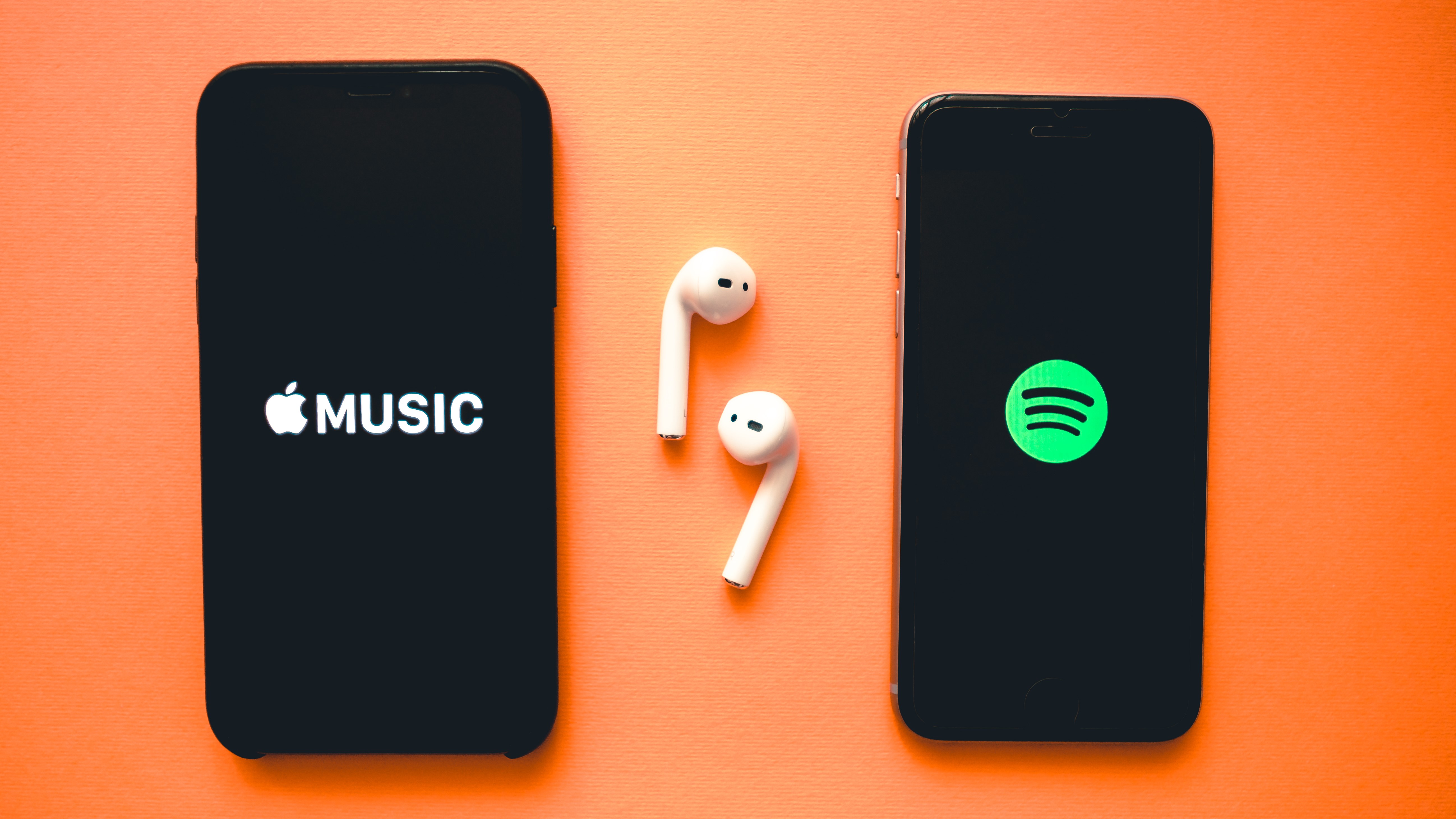
The pricing for Spotify and Apple Music is very similar, with one big difference: the former offers a free starting tier. However, Spotify's free option will interrupt your listening with recorded ads, as well as ads within the app, while paying for the Premium tier will get rid of both. Check out our Spotify Free vs. Premium comparison for the full rundown of differences.
As of July 24 2023, a Spotify Premium subscription has increased from $9.99 to $10.99 per month. This is the first time the price of a Premium subscription has risen for U.S. subscribers in 12 years. Premium Duo (aimed at 2-person households) will now cost $14.99/month, while Premium Family will cost $16.99/month, and Premium Student is is now $5.99 per month. There's no official Spotify Premium annual subscription, but you can get around this with a $99 gift card for a 1 year Spotify subscription at Amazon.
Apple increased its prices in 2022 but continues to offer lossless streaming and spatial audio support as standard. It has also launched a dedicated Apple Music Classical app with 5 million classical music tracks in lossless and hi-res audio free to existing Apple Music subscribers.
Apple Music subscriber options now start with a Student plan ($5.99 p/m) and run to Individual ($10.99 p/m) and Family ($16.99p/m) plans. Note that signing up the Apple Music annual plan is a bit of an arcane process: you first need to sign up to a monthly plan, then switch to annual billing in the app or through your Apple device's account settings. You can find full instructions for this on the Apple support site.
Despite Spotify's free tier, Apple Music's monthly individual fee is great value.
Winner: Apple Music
Apple Music vs. Spotify: Music library size
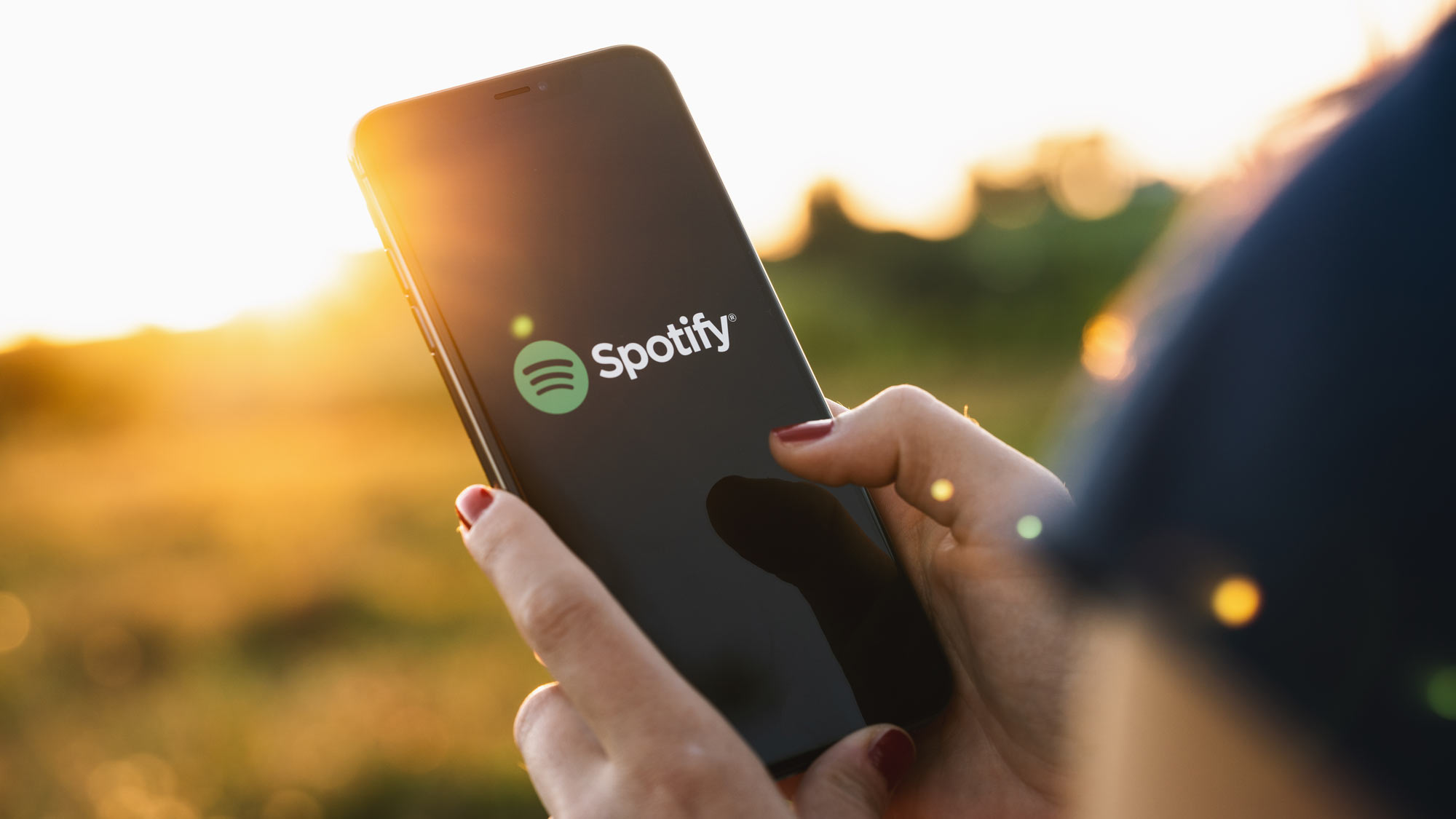
Apple Music and Spotify both feature massive libraries, but Apple claims the advantage with "over 100 million" songs to Spotify's "over 80 million." The latter also includes around 2.6 million podcast titles, whereas there's an entirely separate Apple Podcasts service; Apple Music therefore definitely has more pure music tracks in total.
Technically this is a win for Apple on sheer numbers, but unless you’ve got particularly eclectic tastes, you’re extremely likely to find the artists you want on either platform.
Winner: Apple Music
Apple Music vs. Spotify: Sound quality
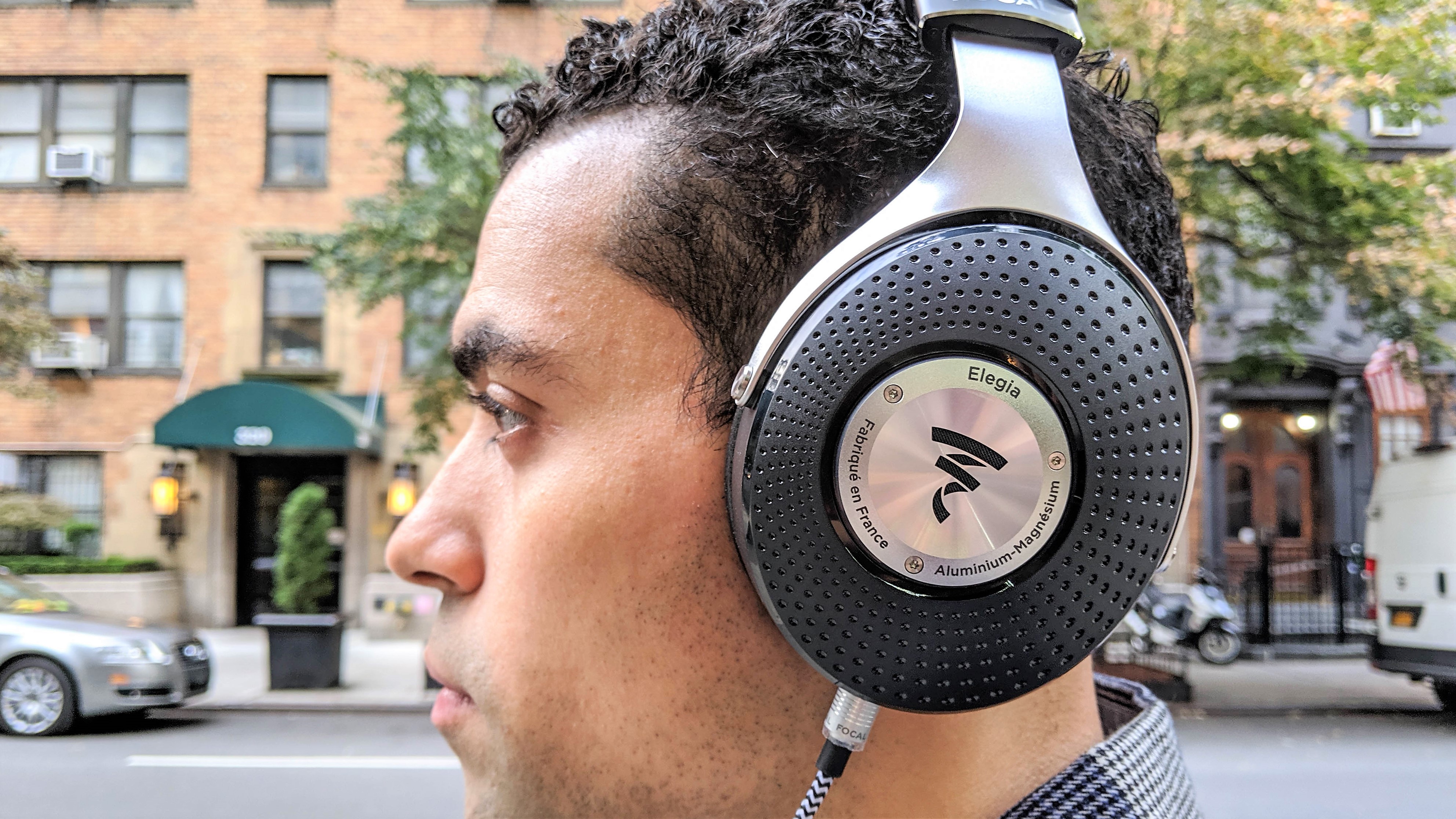
Apple Music's entire catalog uses the ALAC file format in resolutions ranging from 16-bit/44.1kHz (CD-quality) up to 24-bit/192kHz (hi-res audio quality). It also offers spatial audio with Dolby Atmos support. Sound quality is top-notch when it comes to resolution and bit rate, and the only slight downside is that hi-res output is not supported on Windows desktops.
Spotify streams songs at three different rates (96kbps, 160kbps and 320kbps) all in the Ogg Vorbis format, though the highest caliber is limited to paid Premium subscribers. This could change with Spotify's HiFi tier although there's still no official comment on when it will finally arrive. There have been plenty of rumors since it was announced in 2021, and the latest suggests that Spotify could finally get lossless audio via an add-on called Music Pro.
When it comes to resolution and bit rate right now, Apple Music's library of lossless content has Spotify beat.
Winner: Apple Music
Apple Music vs. Spotify: Cloud storage
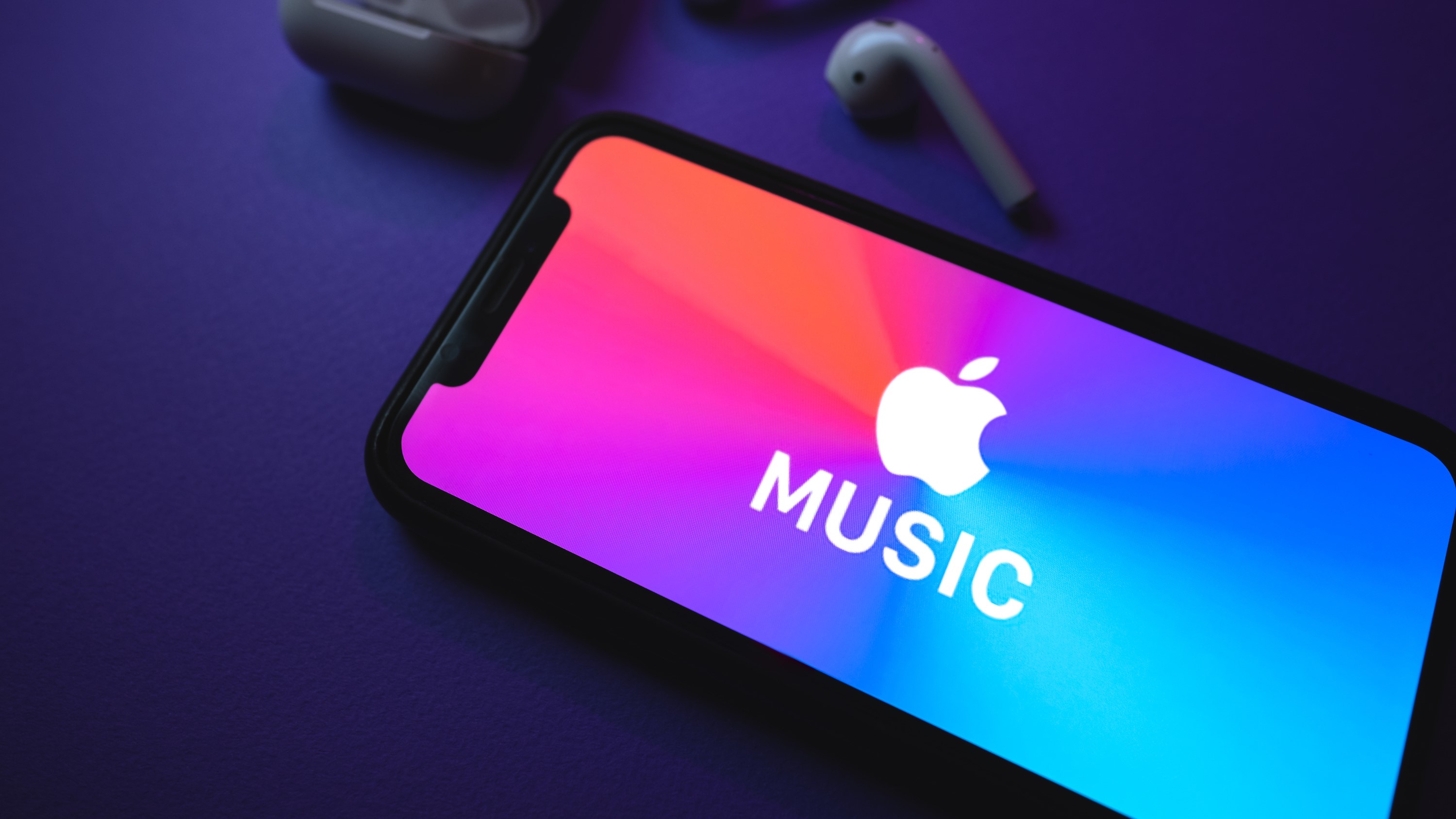
Apple Music's biggest special feature is the iCloud Music Library, accessed through iTunes, which allows collectors to access their libraries of tracks in AAC 256kbps wherever they go when signed in with the same Apple ID. While the service's original rollout was hampered by collection-distorting bugs, it's currently a useful feature that helps the service stand out from the pack.
Spotify allows you to listen to your own MP3s within the app itself, check out our how to upload music to Spotify.
Winner: Apple Music
Apple Music vs. Spotify: Browser playback
Thankfully, Apple no longer requires users to install iTunes to access Apple Music, and currently lets you listen in a browser just as Spotify does. Both browser versions let you browse their respective libraries, access your playlists and play “Made for you” content, just like their app counterparts.
Winner: Tie
Apple Music vs. Spotify: Availability
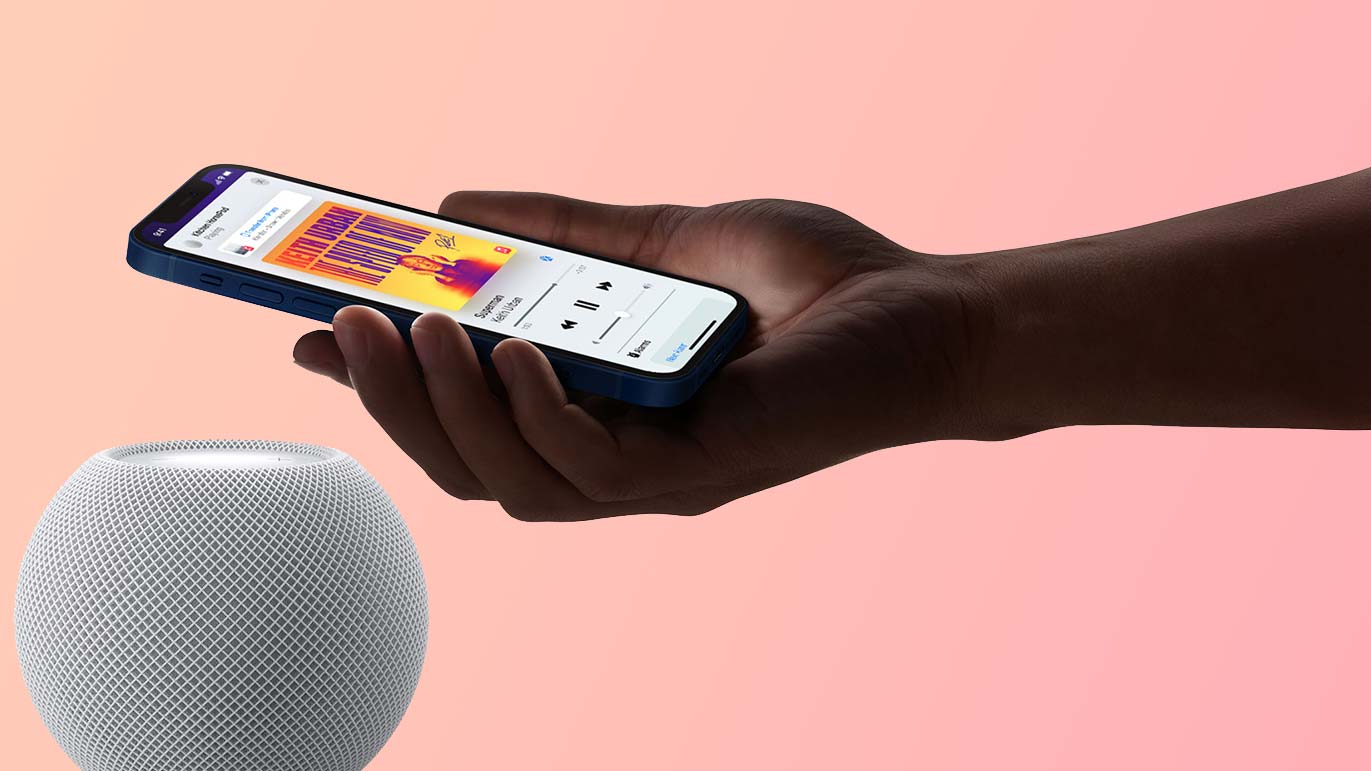
Both services have worked on widening their availability in recent years. In addition to the expected devices like phones, tablets, PCs and Macs, Spotify content can be played via your games consoles. That goes for the most recent PS5, Xbox Series X and Xbox Series S, as well as older consoles like the Xbox One series and the PS4. Early in 2021 Spotify also launched the Car Thing, but this has now been withdrawn from the market.
Apple Music has its own automotive solution in Apple CarPlay, and also claims an impressive breadth of supportive devices, from the Apple HomePod, HomePod 2 and HomePod mini to the Apple TV 4K and Apple Watch. Support for third-party components now includes Sonos, Xbox (Series X, S and One), PS5, and Roku, and extends to Android mobile users. If you're a Windows user though, you will need to download iTunes to get access to its extensive library of content.
Spotify also works on smartwatches ranging from Fitbit and Garmin models to more fashion-minded Samsung and Google Wear OS wearables. It’s getting better in this regard too, as Spotify is getting offline listening on Wear OS devices as well as the Apple Watch.
Either way you’re spoiled for choice, through thanks to its bonus games console support, Spotify edges this one. You could perhaps also call it a negative that Apple Music lossless content cannot be experienced in full resolution through wireless headphones or speakers due to the bandwidth limitations of Bluetooth connectivity, including its own AirPods models. Although, this could be about change with the arrival of the Apple Vision Pro when partnered with the AirPods Pro 2 USB-C that are said to support a new Apple lossless audio protocol.
Winner: Spotify
Apple Music vs. Spotify: Playlists and curated content
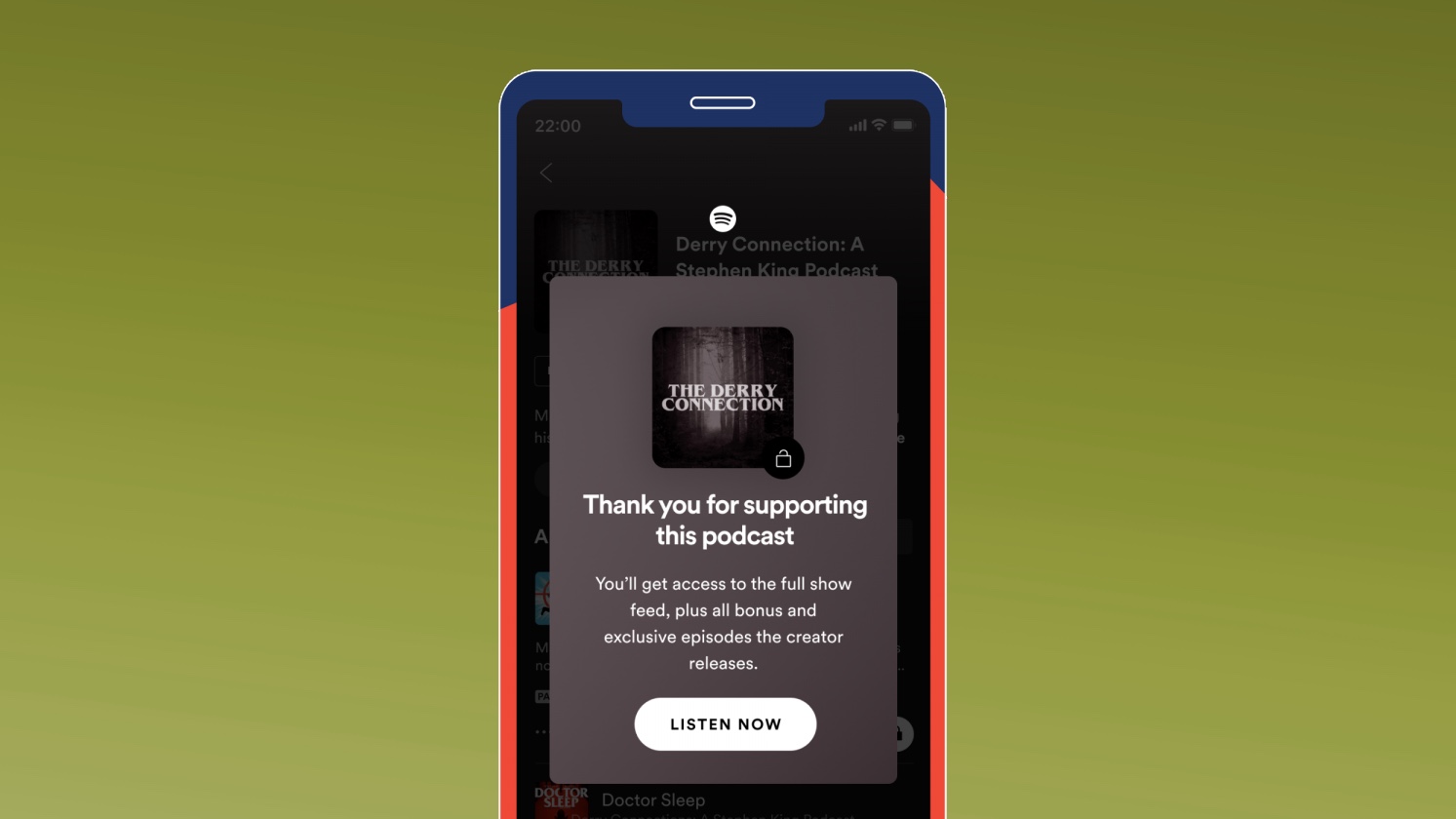
When it comes to user-curated playlists, Apple and Spotify are essentially on parity. Both will present you with personalized playlists. They will also recommend songs and artists you haven’t listened to yet, but might like based on your listening preferences.
Apple Music 1 (previously known as Beats 1) is a 24/7 radio station that also serves as a potential source of new music, though since it functions like a traditional radio station — fronted by veteran DJs like Zane Lowe and Ebro Darden — its content is curated for the Apple Music subscriber base as a whole. Spotify’s version of “radio” is essentially just playlists, curated for certain genres, topics and tastes.
Additionally, Spotify DJ (one of the streaming service's latest features) uses artificial intelligence to achieve a live radio station feel. It has running commentary voiced by Spotify’s Head of Cultural Partnerships, Xavier “X” Jernigan. AI throws in personalized commentary between the songs based on machine learning about your listening habits and music tastes with fun facts about the album or song you’re listening to.
Winner: Tie
Apple Music vs. Spotify: Social media support
One of Spotify's clearest wins is its wealth of social sharing features. You can easily share Spotify content as Instagram and Facebook stories, post album art on Snapchat (which then links friends and followers to the song) or create links and scannable, QR-like Spotify Codes to share music and playlists on any messaging platform.
Apple Music lets you share playlists with other registered users over AirDrop, or create content links to post wherever you want, but its social media integration is more basic than Spotify’s. If you’re not overly keen with sharing your listening habits with the world, this is unlikely to be an issue.
Winner: Spotify
Apple Music vs. Spotify: Design
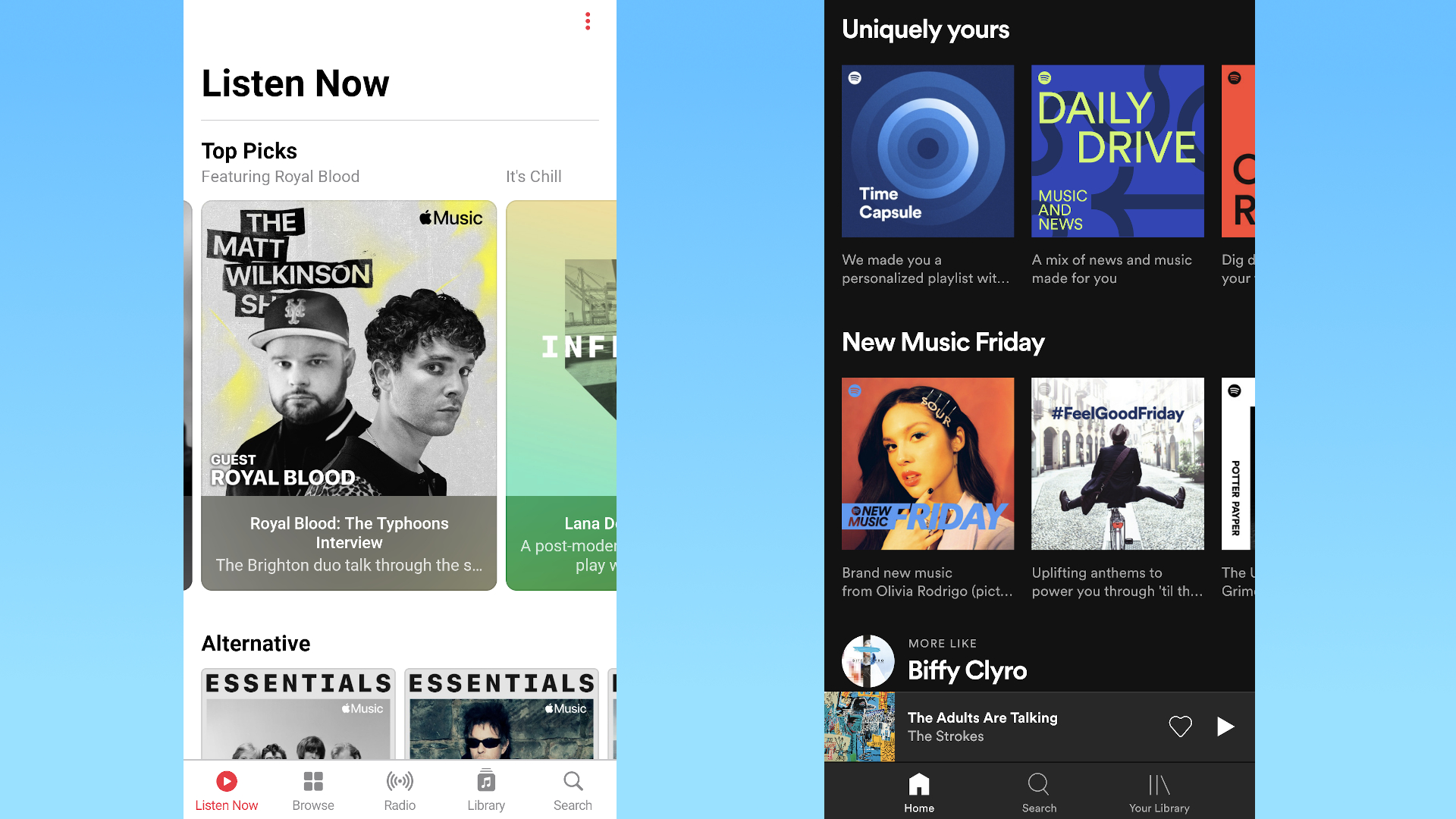
Spotify updated its UI in March 2023, and despite an initial dislike among loyal users for the neew look with more emphasis on vidio content and podcasts, is all the better for it.
Apple Music retains the redesign that arrived with iOS 10 bit is beginning to look a bit look a bit outdated with large images in an almost tile-like UI given Spotify's more recent TikTok-like redesign. Although I like the navigation bar the bottom of the screen for quick access to my music library and the search function.
The main difference here feel mainly aesthetic though. Apple Music favors a light, bright and white look with high-contrast text, while Spotify has stuck to its darker black/grey color scheme with flashes of neon green.
Winner: Spotify
Apple Music vs. Spotify: Value
If you don’t want to pay for streaming music and you’re OK with ads, Apple’s insistence on not having a free plan will keep you using Spotify. New users can try Apple Music for free for up to 6 months, which is more generous than Spotify Premium’s 1-month free trial, but after that you’ll need to subscribe.
For those who are willing to pay, the playing field looks fairly balanced. Apple Music is $10.99 and you do get access to lossless and spatial audio content. Spotify Premium is now also $10.99 a month for individual accounts. Both services offer a discounted monthly subscription for students.
Keep in mind that Apple Music simply offers more than Spotify Premium does with lossless audio and spatial audio support for the same price.
If Spotify HiFi was folded into the existing Spotify Premium tier, rather than launching as a separate tiered service, that would keep things somewhat even. But that hasn't happened yet, and even if it does, Apple Music will still have the spatial audio advantage.
The fact that Spotify has a free option makes this particular clash a tie, but if you have the cash for a premium subscription, Apple Music looks like the better deal right now.
Winner: Tie
Apple Music vs Spotify: Verdict
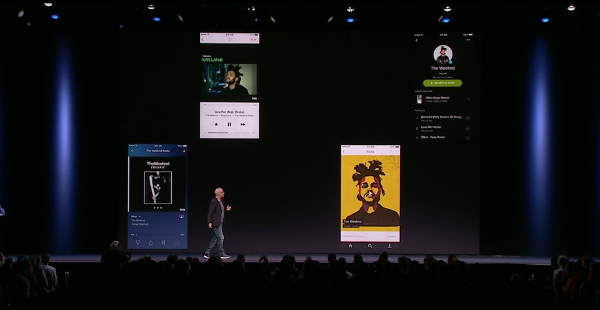
We first ran an Apple Music vs. Spotify comparison a few years ago, and Spotify comfortably won, on the back of its curated content, value for money and wealth of supported hardware.
Credit to Apple Music, then, for not just closing the gap but surpassing Spotify overall. It’s still behind on social features, and lacks native support for games consoles, but changing its approach from consumer-unfriendly exclusives to more thoughtfully curated content streams has paid off. It’s also wisely gained a browser version and remains the better choice for those who like to hoard their music files.
Really, though, it's lossless and spatial audio that make the difference. Not only does this make Apple Music the better choice for listeners who want the best sound quality possible, but given it's no more expensive than a Spotify Premium subscription, it's also better on value for those willing to pay.







